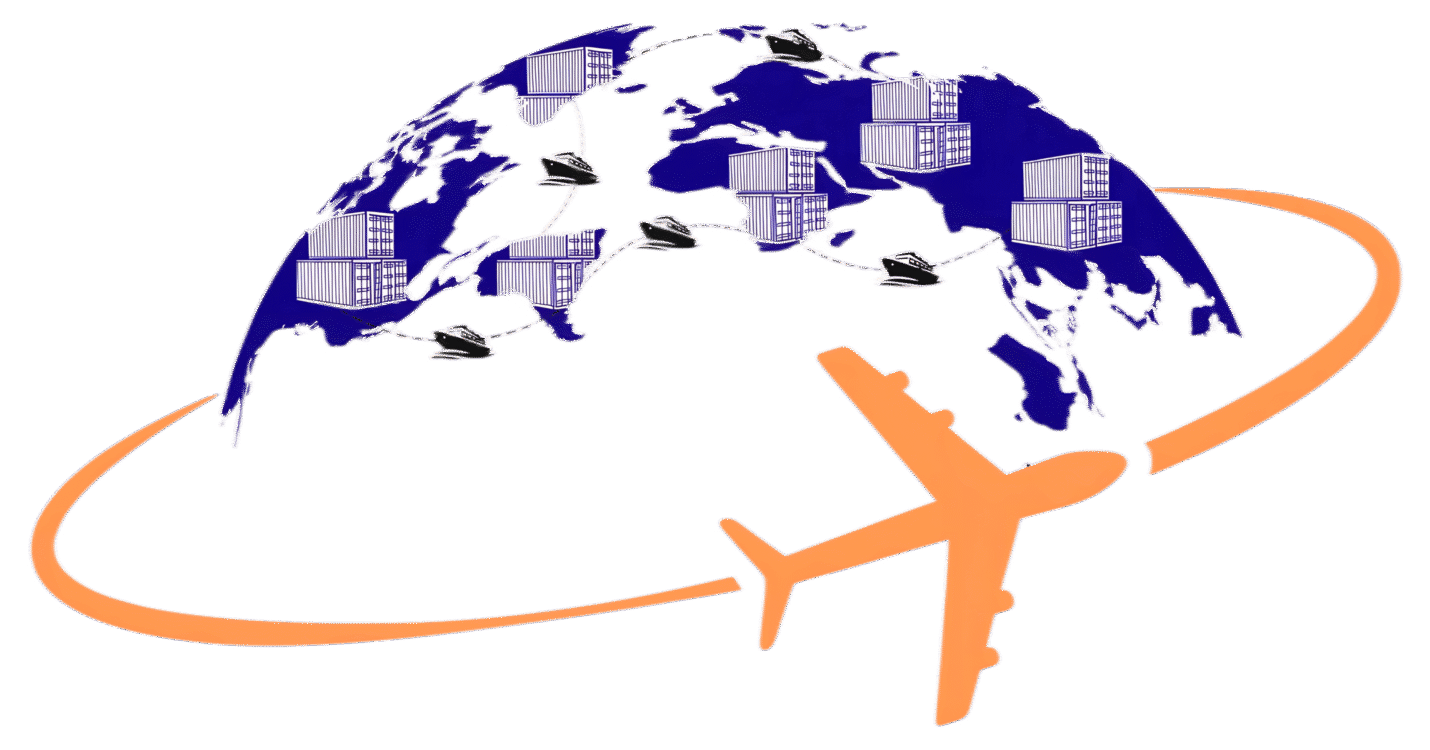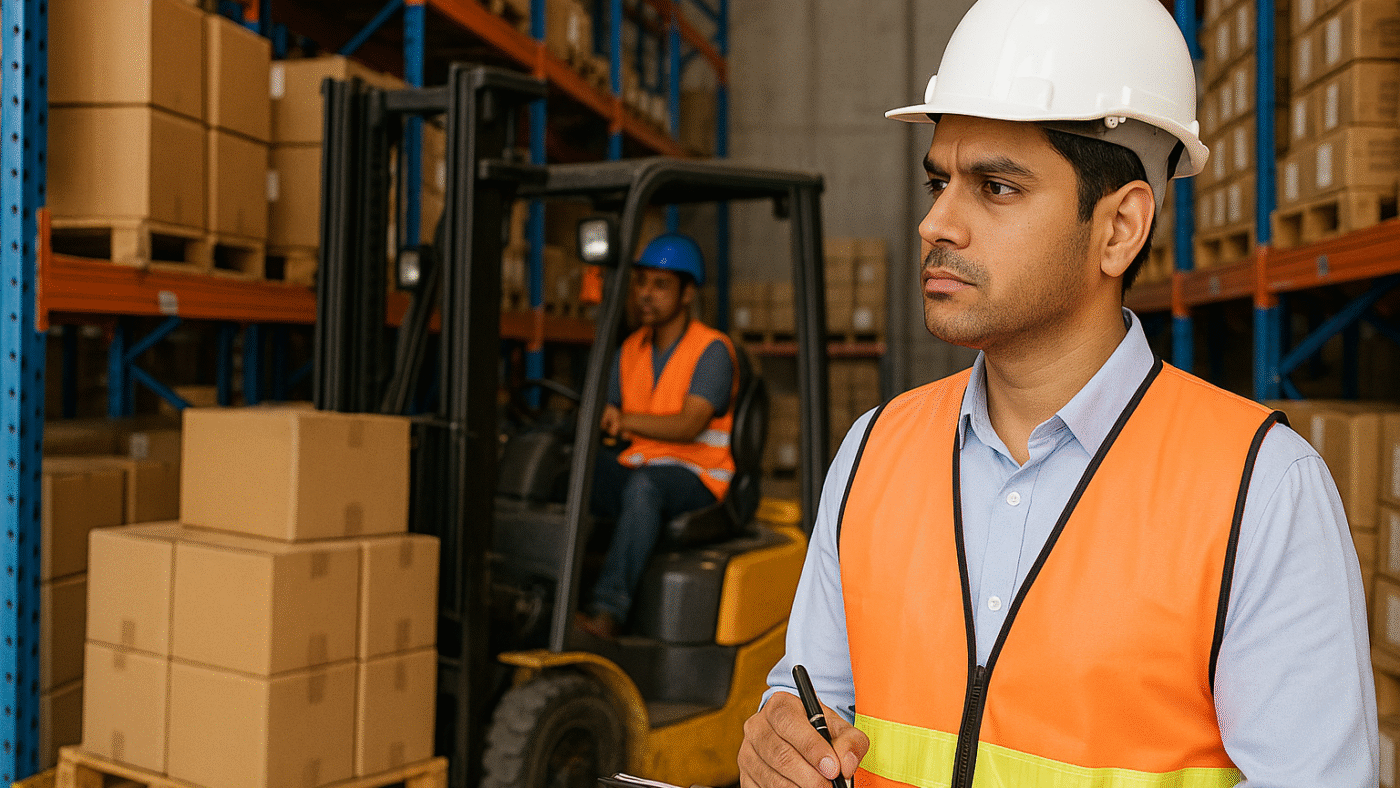India, with its sprawling geography, booming population, and diverse economy, presents both opportunities and challenges for supply chain management. As the backbone of trade and commerce, logistics in India has had to evolve rapidly to meet the demands of modern businesses while overcoming unique hurdles. Let’s delve into how innovative solutions are addressing real-world supply chain challenges in this dynamic landscape.
The Landscape of Logistics in India
India’s logistics sector is one of the largest globally, valued at over $200 billion and contributing nearly 14% to the GDP. However, inefficiencies such as fragmented supply chains, underdeveloped infrastructure, and regulatory bottlenecks often hinder its growth. These challenges are amplified by factors such as:
- Geographical Diversity: From the Himalayas to coastal plains, the varied terrain complicates transportation.
- Infrastructure Gaps: Limited warehousing capacity and subpar road networks impede efficiency.
- Regulatory Complexities: Diverse state-level taxes and permits can slow down movement across regions.
Despite these issues, India is making significant strides in modernizing its supply chain systems.
Real-World Challenges and Innovative Solutions
1. Last-Mile Delivery
One of the most persistent challenges in India is last-mile delivery, especially in rural areas where connectivity is sparse. Poor road conditions and the lack of a robust address system add layers of complexity.
Solution: Companies like Flipkart and Amazon have leveraged local delivery networks and technology to improve last-mile efficiency. GPS-enabled tracking, delivery lockers, and partnerships with local entrepreneurs ensure packages reach even the most remote locations.
2. Cold Chain Logistics
India loses about 30-40% of its fresh produce annually due to inadequate cold storage and transport facilities. This impacts farmers, retailers, and consumers alike.
Solution: Investments in cold chain infrastructure, such as temperature-controlled warehouses and refrigerated trucks, are addressing this issue. Companies like Snowman Logistics are leading the charge by providing end-to-end cold chain solutions that preserve perishable goods.
3. Urban Congestion
In metropolitan cities, traffic congestion significantly delays deliveries, escalating costs and reducing customer satisfaction.
Solution: Electric vehicles (EVs) and bicycles are emerging as eco-friendly and efficient alternatives for urban deliveries. Companies like Zomato and BigBasket have adopted EVs to reduce emissions and navigate crowded streets more effectively.
4. Regulatory Hurdles
India’s diverse regulatory landscape often leads to delays in inter-state transport, affecting supply chain timelines.
Solution: The introduction of the Goods and Services Tax (GST) has simplified the taxation system, reducing transit times and improving efficiency. Digital solutions like e-way bills and automated compliance platforms further streamline processes.
5. Technological Integration
Many logistics companies in India still rely on manual processes, leading to inefficiencies and errors.
Solution: Adoption of technologies such as artificial intelligence (AI), Internet of Things (IoT), and blockchain is transforming the logistics landscape. AI-powered demand forecasting, IoT-enabled fleet management, and blockchain for transparent documentation are making supply chains more resilient and agile.
Future Prospects for India’s Supply Chain
As India aims to become a $5 trillion economy, the logistics sector will play a pivotal role. Initiatives such as the National Logistics Policy (NLP) and investments in infrastructure under the Bharatmala and Sagarmala projects are set to enhance connectivity and reduce costs. Additionally, the rise of start-ups in the logistics tech space promises further innovation and efficiency.
Conclusion
India’s logistics sector is at a transformative juncture, addressing long-standing challenges with cutting-edge solutions. From enhancing rural connectivity to adopting green technologies, the focus is on building a resilient, efficient, and sustainable supply chain. As these innovations continue to unfold, India is well on its way to becoming a global logistics powerhouse.
By solving real-world supply chain challenges, the logistics industry in India is not just facilitating trade but also driving the nation’s economic growth. The journey ahead is undoubtedly challenging but equally promising.

